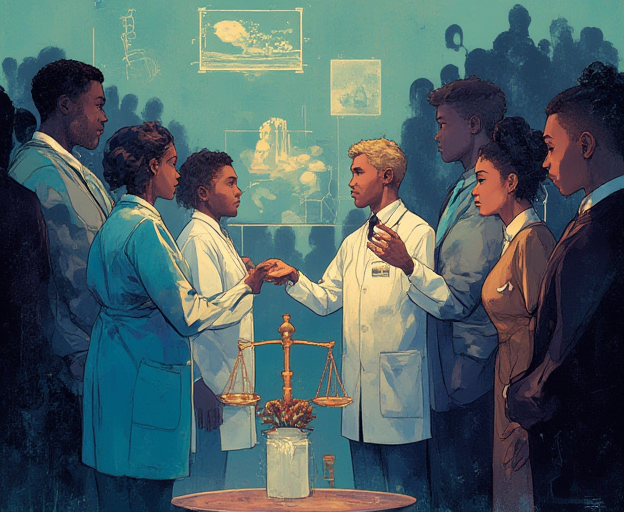The World of Anthropological Film: Exploring New Narratives
The Jerusalem Cinematheque will once again become a center for cultural and academic exchange with the upcoming Anthropological Film Festival, scheduled from November 26-28. This festival will feature a range of insightful films from around the globe, each offering distinct perspectives on the cultures and issues shaping our global community. Noteworthy among the selections is "Night of the Coyotes,” a documentary by Clara Trischler that delves into the complexities of migration and identity. Now in its 13th year, the festival pairs film screenings with informative lectures by experts, enriching the audience's understanding and connection.
Examining Migration and Identity in "Night of the Coyotes"
Renowned filmmaker Clara Trischler, who has strong ties to Jerusalem, presents "Night of the Coyotes” within the festival’s diverse offerings. The documentary portrays the challenges faced by residents in El Alberto, a small Mexican village, as they strive towards the American Dream, often navigating perilous conditions. This deeply moving film highlights crucial themes such as economic hardship, the pressures of emigration, and the pursuit of a better life, which can come at a significant personal and community sacrifice. Following the screening, Professor Nir Avieli will share his insights on how these narratives connect to broader anthropological themes, particularly the relationship between cultural traditions and contemporary global issues.
Tourism's Complexities and Contradictions
The festival also prompts viewers to contemplate the intricate nature of tourism, as exemplified by El Alberto's Caminata Nocturna. This initiative mimics the harrowing experiences of illegal immigrants, transforming a grim reality into an adventurous attraction for tourists. This contradiction raises important questions about modern tourism's impact on our worldview. Does it promote true understanding and connection, or does it merely present a sanitized version of the experience that aligns with tourist expectations?
Engaging with Human Experience and Genuine Connections
In essence, the Anthropological Film Festival urges audiences to critically examine their perceptions of culture and community. It challenges us to define quality of life beyond material wealth and comfort. Are solutions to social and economic issues universally applicable, or do they require an understanding of local cultures and contexts? As viewers engage with these cinematic tales, they are invited to reflect on the connections that unite us all in our shared humanity. The festival serves as a crucial platform for fostering cross-cultural understanding and empathy.
Attending the festival allows participants to become part of a dialogue concerning empathy, resilience, and the collective human experience. Whether through "Night of the Coyotes" or other featured films, attendees will find themselves thinking deeply about the narratives presented, long after viewing.
Conclusion
The Anthropological Film Festival at the Jerusalem Cinematheque celebrates diversity while sparking meaningful conversations. By showcasing the complex realities of life through film, it highlights the interconnectedness of our world. More than just entertainment, the festival serves as an opportunity for learning and empathy, encouraging us to examine the lives of others and reflect on our beliefs and values. Tickets are available for those eager to engage in this enriching experience, ensuring that the stories resonate beyond the screen and impact our understanding of the world.

